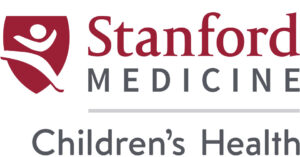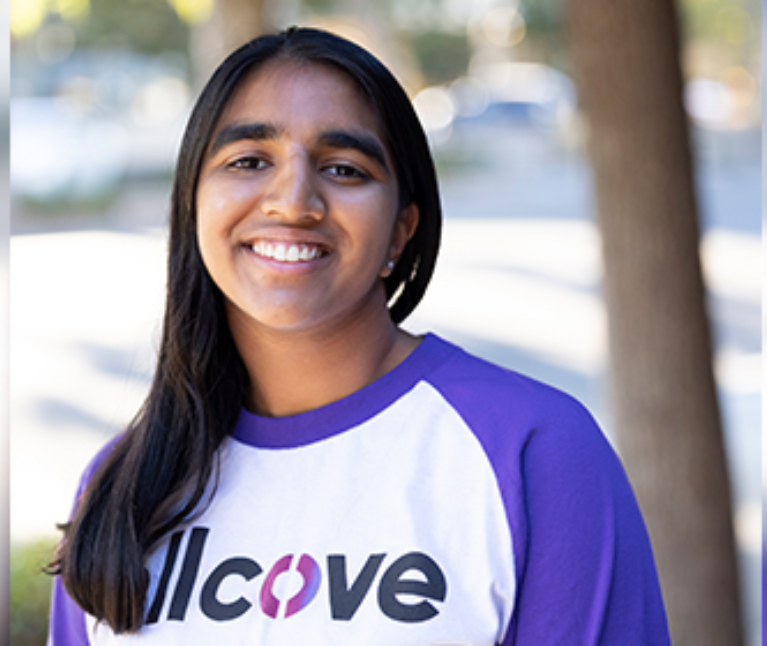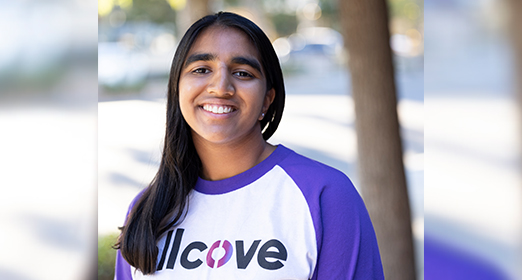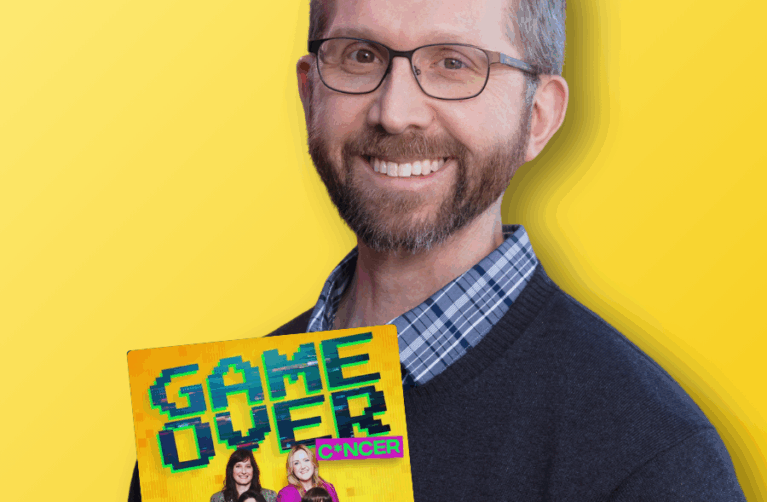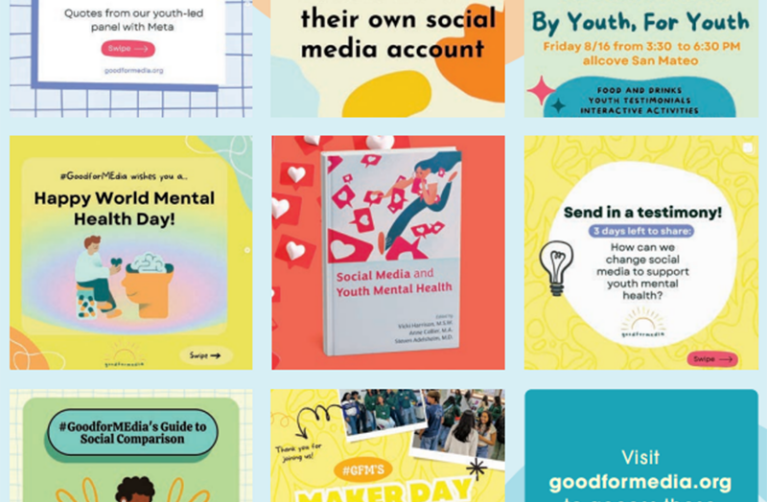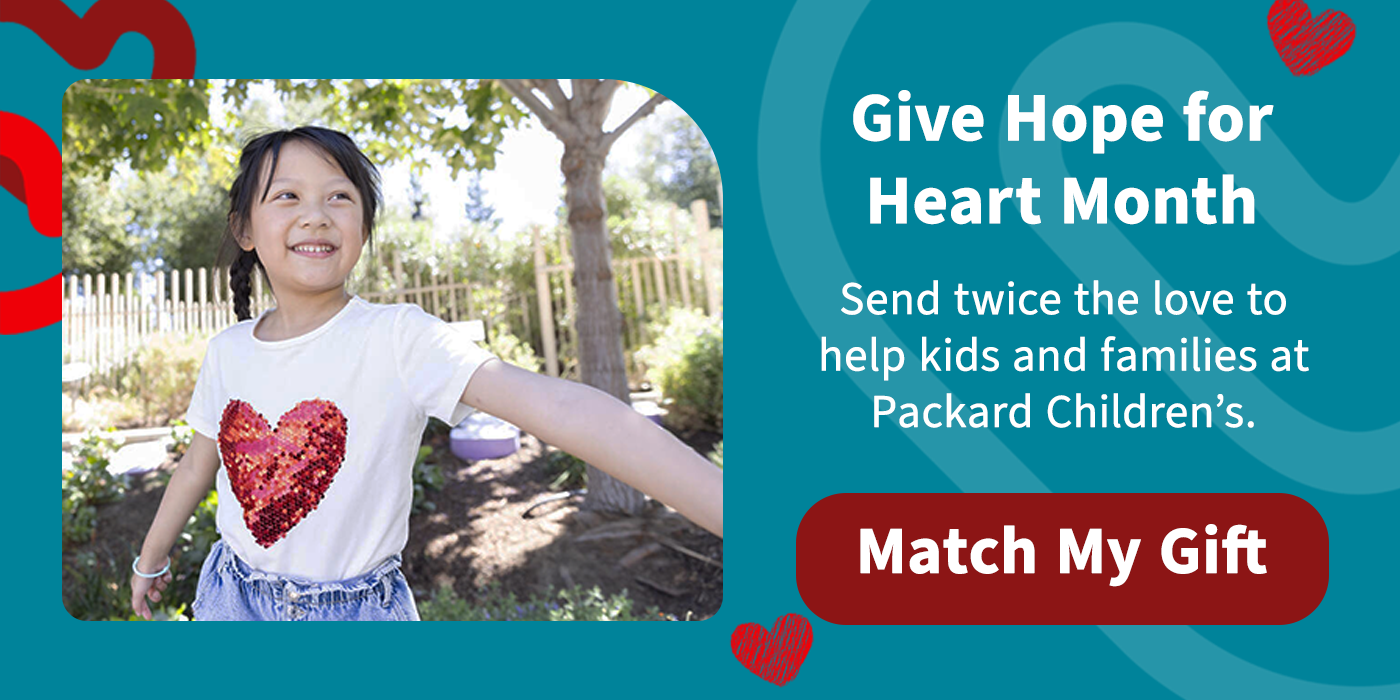Stanford and Packard Children’s Hospital are building new models for youth mental health care.
Most mental health challenges begin in childhood, the teen years, or young adulthood. It’s a burden young people and their families don’t have to face alone, yet too often, they do.
“One in five young people under age 18 has a serious mental health issue at any one time,” says Steve Adelsheim, MD, director of the Stanford Center for Youth Mental Health and Wellbeing and clinical professor of psychiatry and beahvioral sciences. “But 80% of those who need care don’t access care.”
Stanford and Lucile Packard Children’s Hospital are responding to this mental health crisis with a continuum of innovative, research-backed services—including programs aimed at prevention, early intervention, and reducing the stigma and access issues around mental health.
“At Stanford, we support a wide range of outpatient services as well as inpatient treatments for young people,” Adelsheim says. “Now we’re building upstream with innovative programs like the Stanford Parenting Center and the allcove program that empower young people, their parents, families, and friends to support mental health and intervene early when needed.”
The Sand Hill Foundation, led by Susan Ford Dorsey, is among the donors contributing to these efforts.
“The COVID-19 pandemic and use of social media have increased the need, with rising rates of loneliness and anxiety in young people,” says Dorsey, who serves on the board of the Lucile Packard Foundation for Children’s Health. “We’re very excited about the allcove program’s focus on prevention and early treatment. It’s groundbreaking.”
When it comes to supporting children and teens’ mental health, Lucile Packard Children’s Hospital and Stanford are part of a comprehensive system of care that includes community partnerships, school resources, wellness centers, informative research and clinical care. For more information, call (650) 723-5511 or visit our Child and Adolescent Mental Health page.
This article originally appeared in the Fall 2021 issue of Packard Children’s News.
